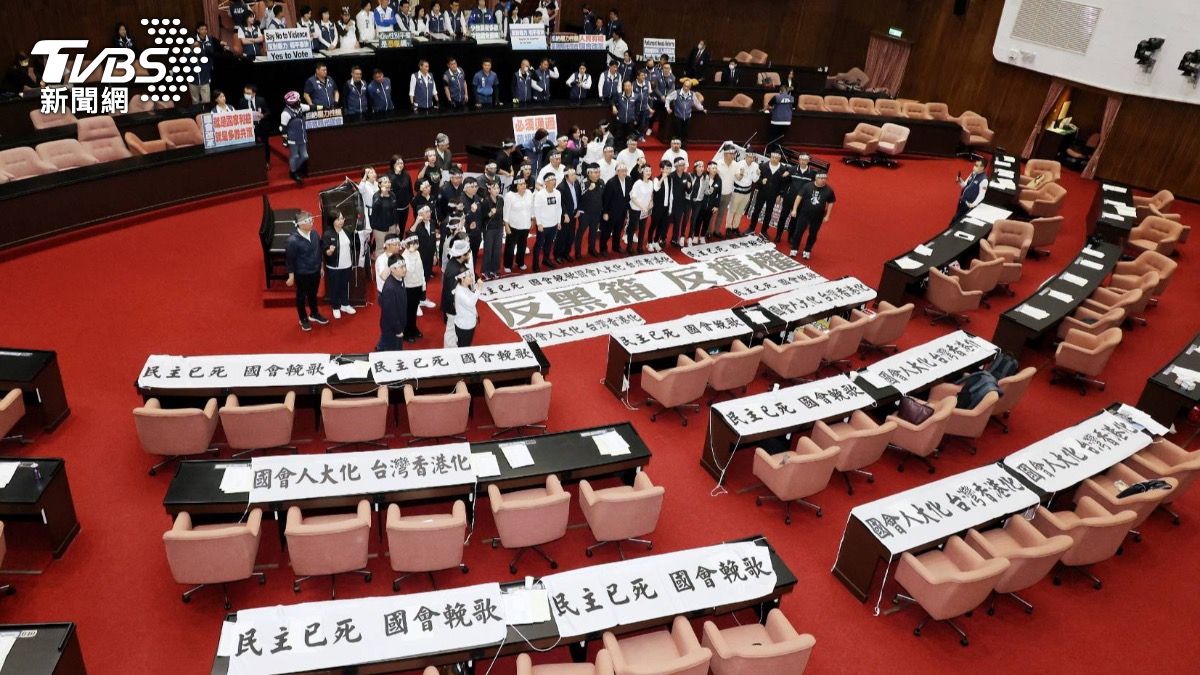TAIPEI (TVBS News) — Former officials from the American Institute in Taiwan (AIT) and the Formosan Association for Public Affairs (FAPA), along with 30 international scholars, on Monday (May 20) expressed grave concerns over the opposition parties' proposed "parliamentary reform" in Taiwan. The contentious bills, pushed by the Kuomintang (KMT) and Taiwan People's Party (TPP) in the Legislative Yuan, led to a violent clash on May 17, resulting in several lawmakers being hospitalized.
International Alarm Over Legislative Changes
Bob Yang (楊英育), former president of FAPA, highlighted that the issue has not only captured the attention of the Taiwanese public but has also raised significant concerns among many countries. He criticized the KMT and TPP's reform proposals as extreme, posing a dire threat to Taiwan's democratic image. William A. Stanton (司徒文), a former AIT director, expressed shock and sorrow over the opposition's unconstitutional reform plans, stating they do not align with the rational demeanor of the Taiwanese people nor the democratic path pursued by the government with the support of its citizens.
Constitutional Principles at Stake
The joint statement pointed out that the proposed reforms by the KMT and TPP's Party exceed the norms of constitutional democracies worldwide, undermining the rule of law and violating procedural justice. It emphasized that the reforms aim not to enhance good governance but to expand the legislature's power at the expense of the executive branch, clearly contravening the constitutional principle of the separation of powers in the Republic of China. The statement also noted that with the inauguration of the new government witnessed by hundreds of international dignitaries, Taiwan should showcase its robust democracy rather than its deep societal divisions.
As Taiwan welcomes its new government, the international community's focus on these legislative reforms underscores the broader implications for Taiwan's democratic principles and its image on the global stage.



